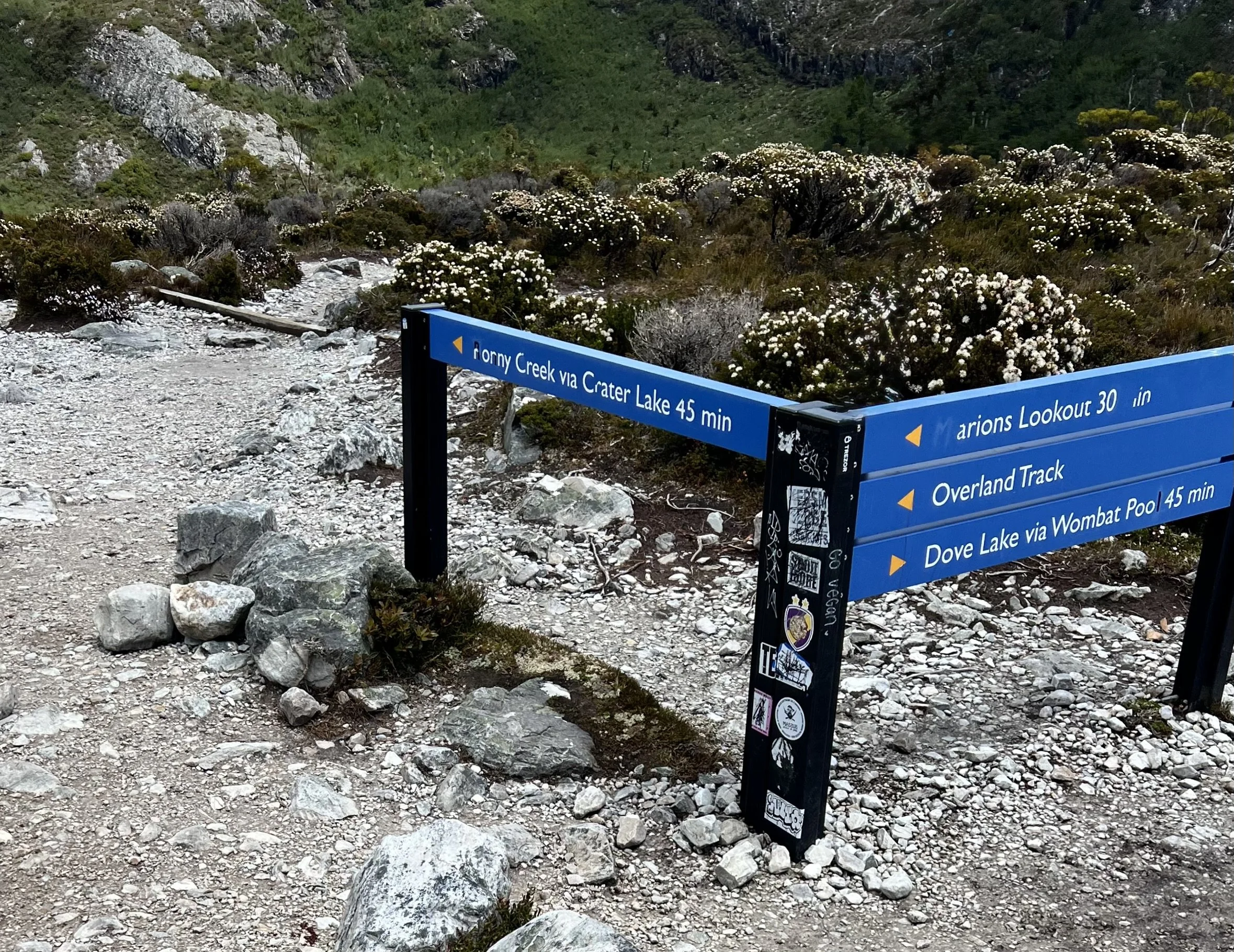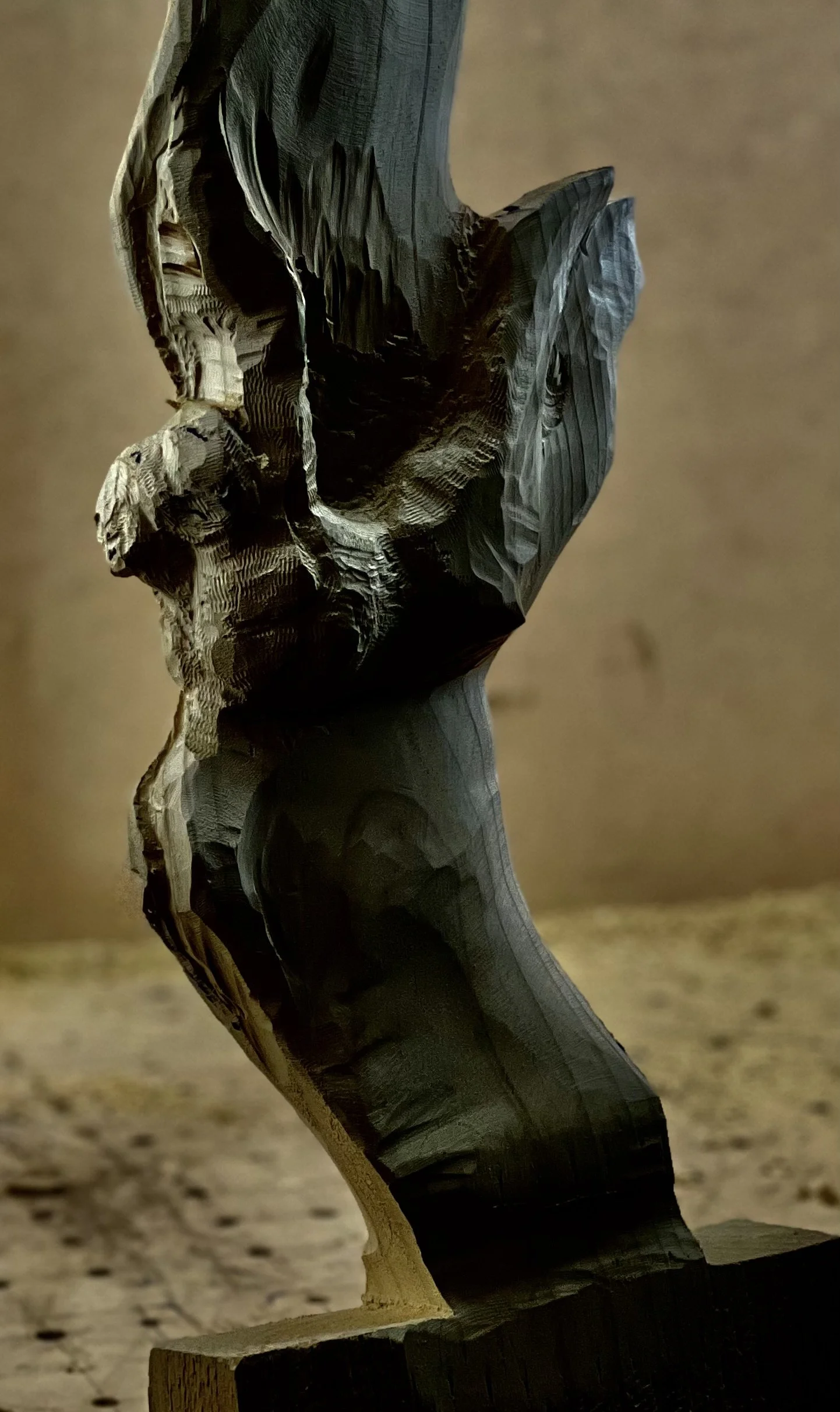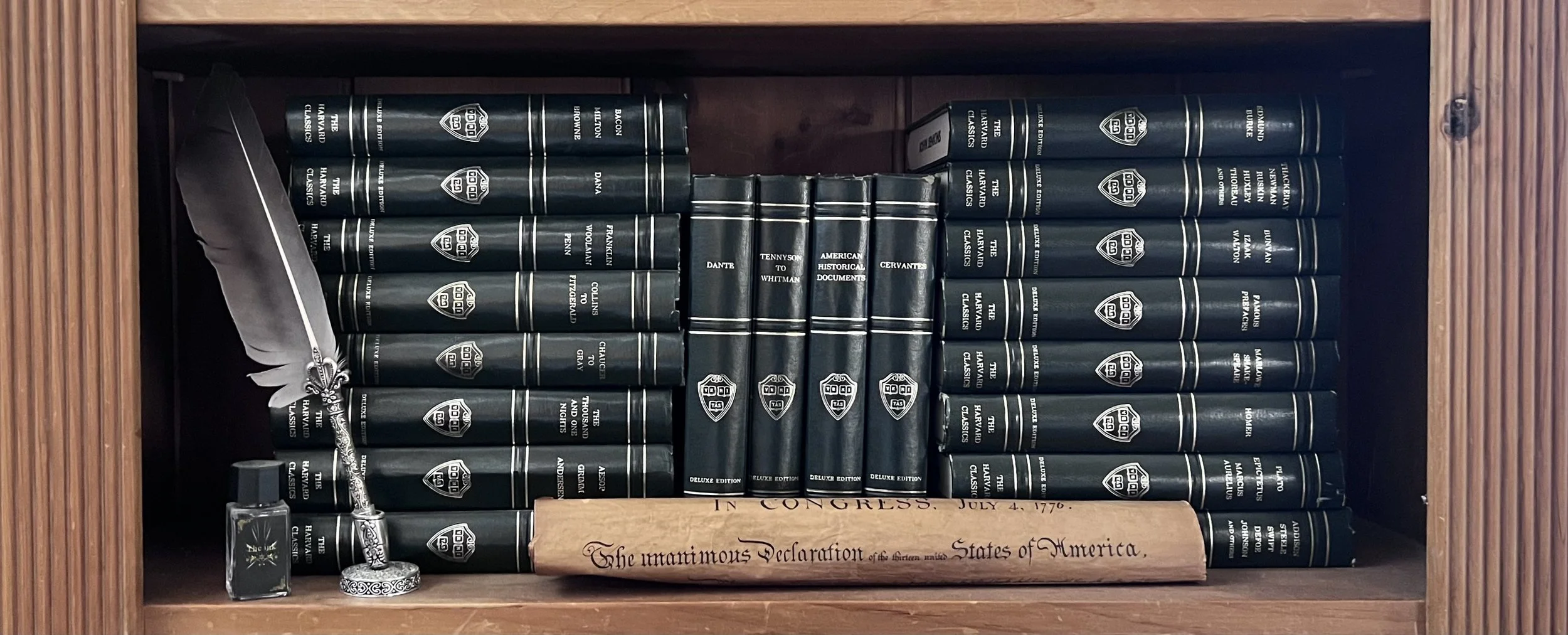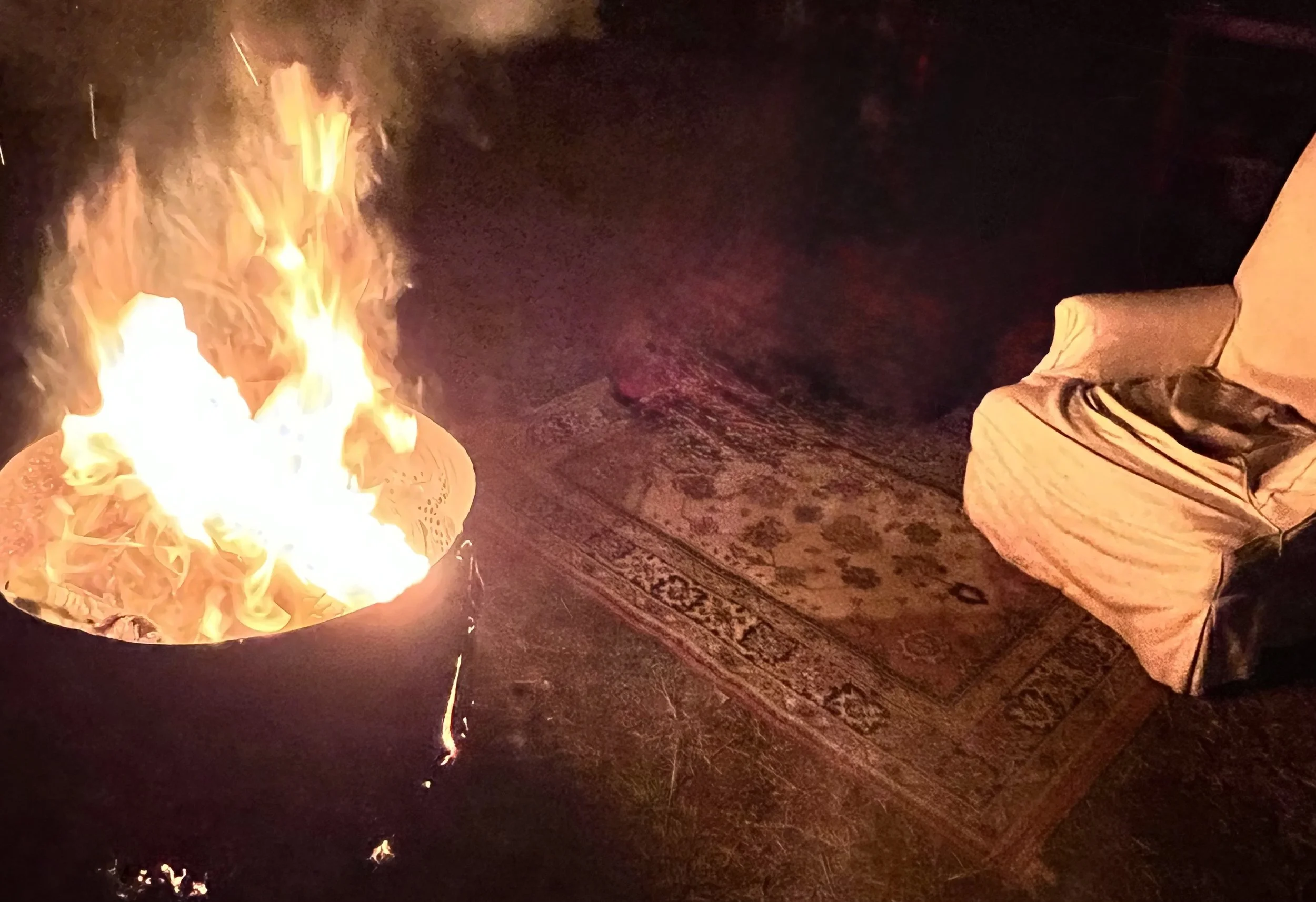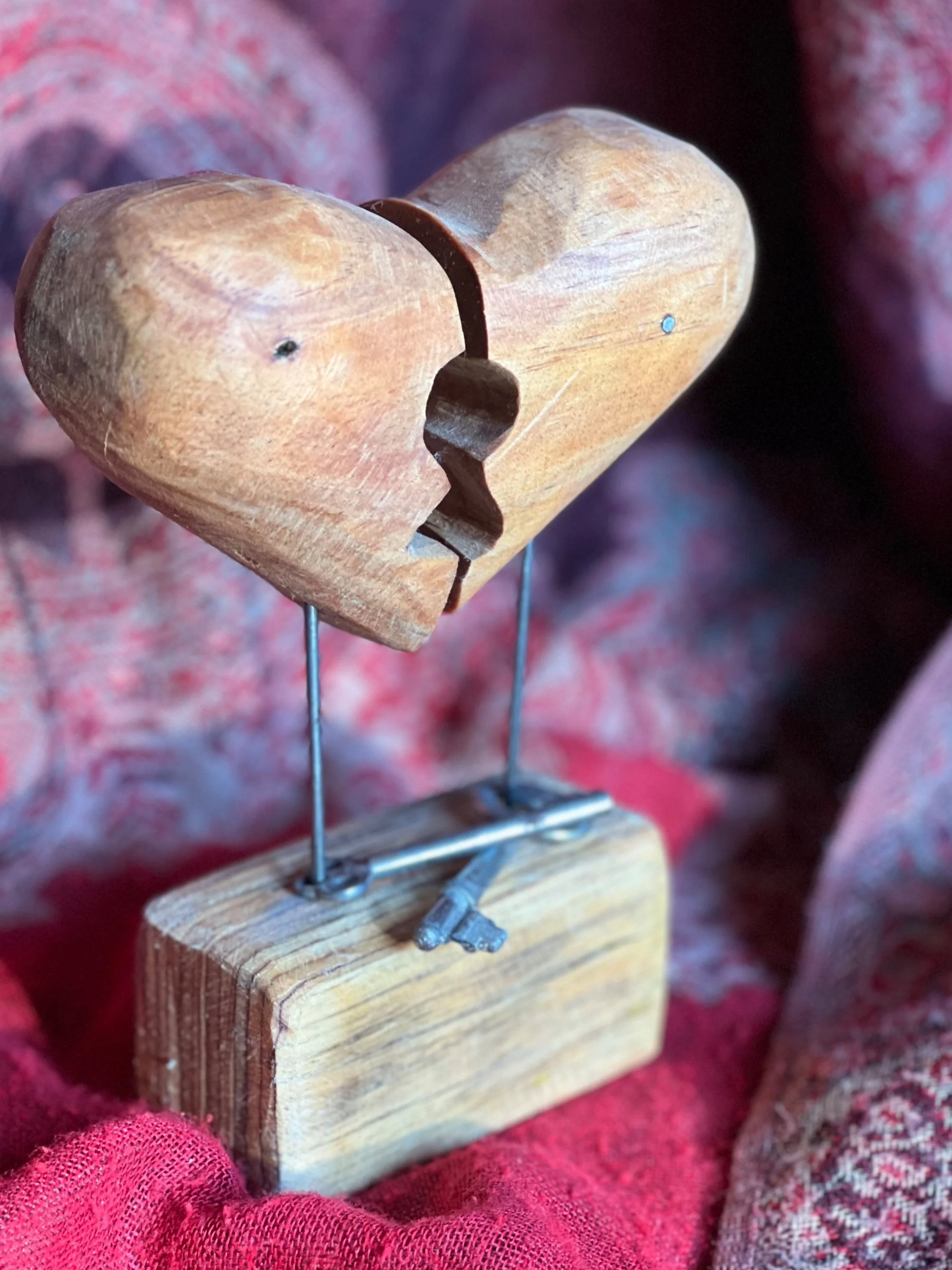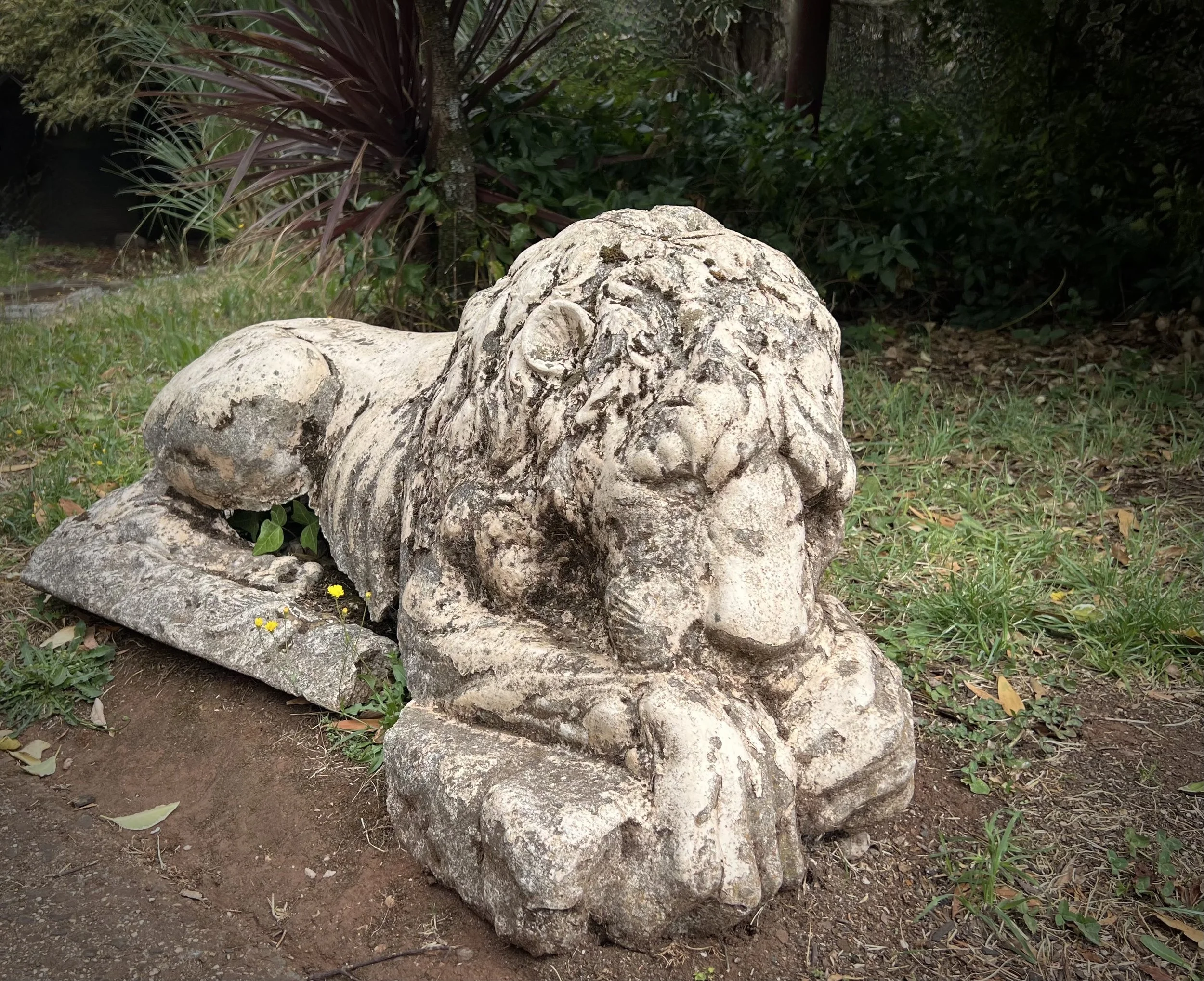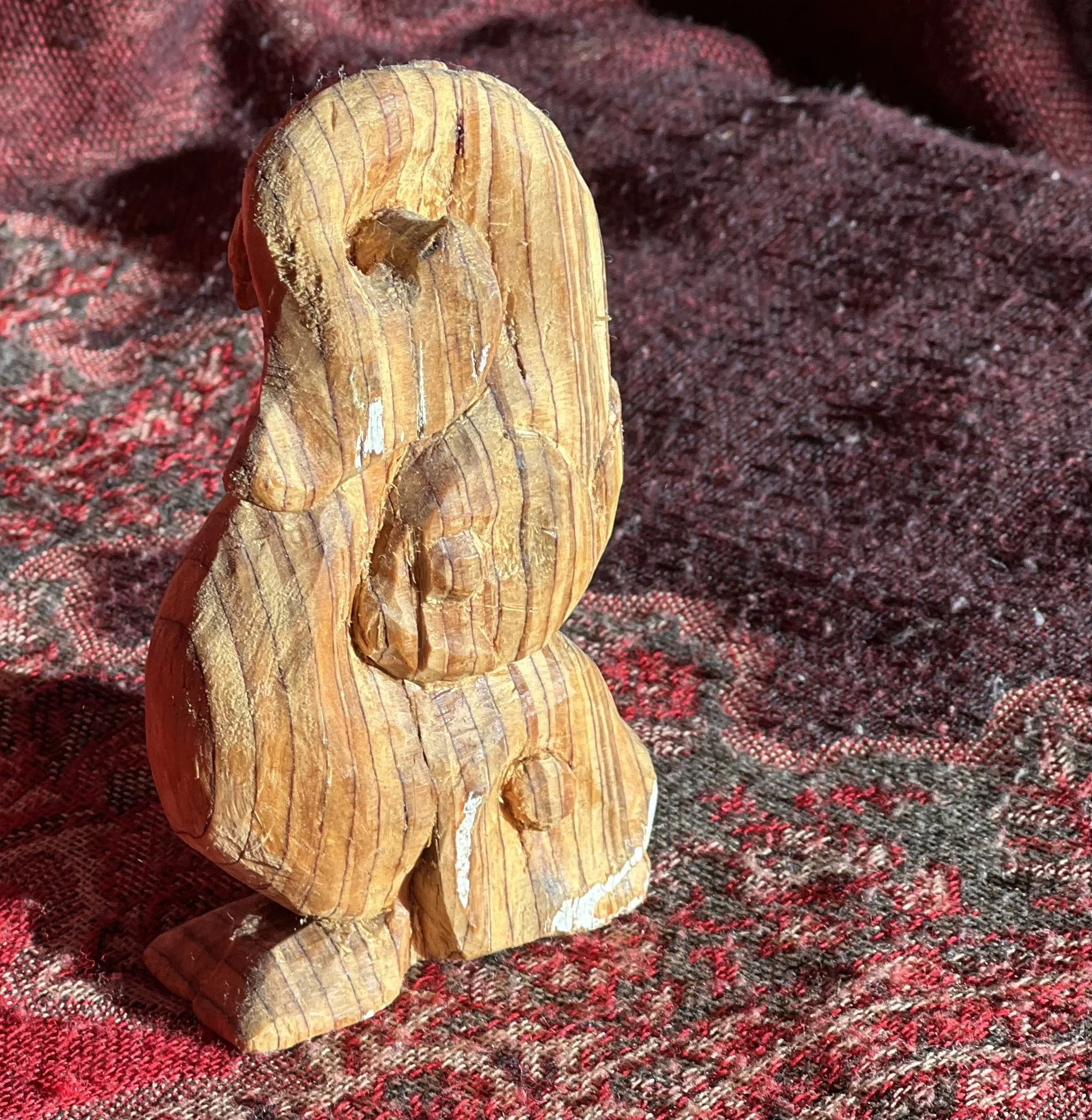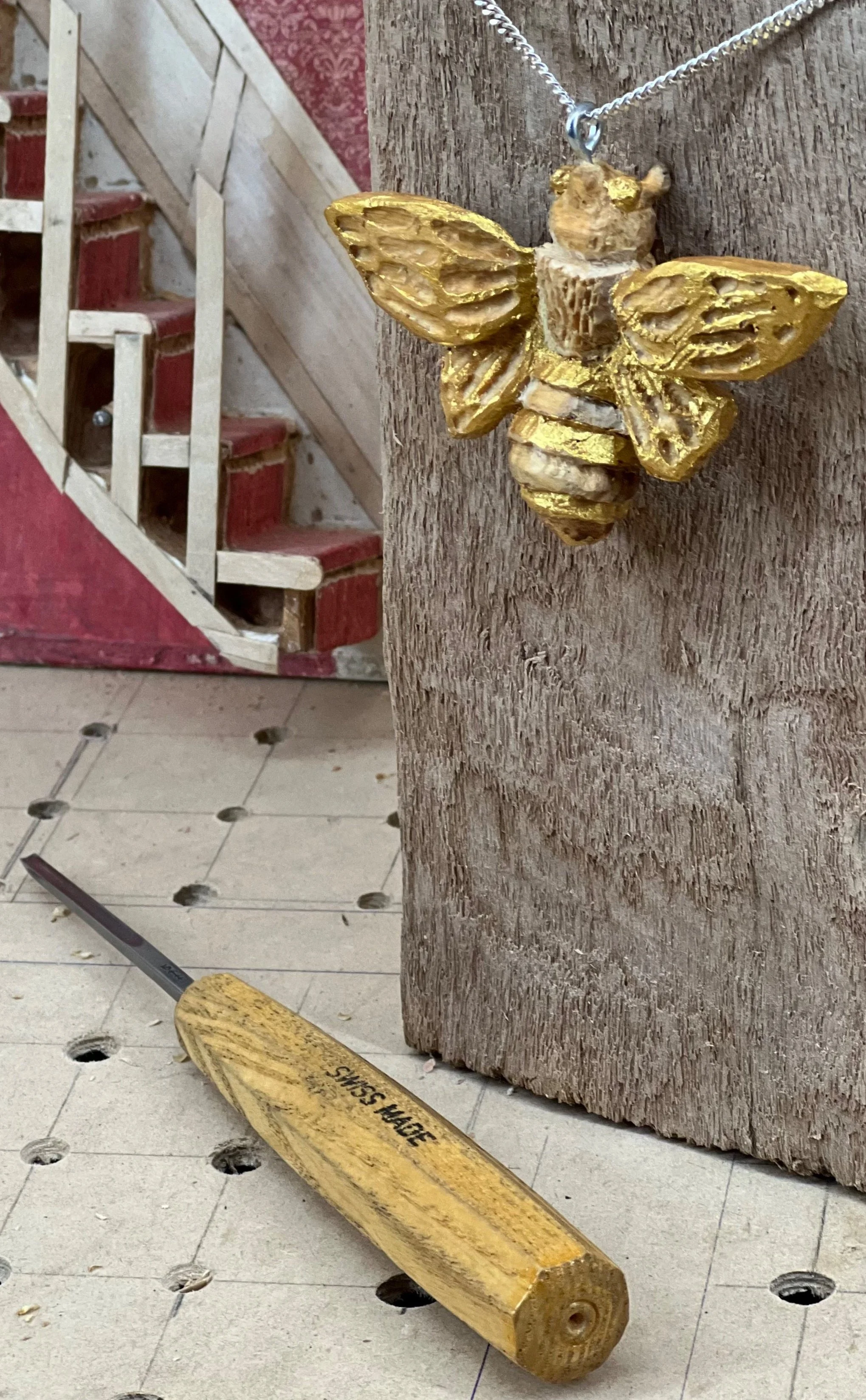Resistance to change…
How we can understand the real drivers of change and growth
‘Choices’
Above Dove Lake, on the Overland Track, Cradle Mountain, Tasmania
You know that feeling…the subtle ache when someone you respect, someone you once trusted to think deeply, suddenly talks about politics with anger or unwavering loyalty. It’s like their voice has shifted, no longer fully theirs, echoing words that feel imposed rather than chosen. Maybe it’s a political figure or a belief system guiding them now. And you find yourself quietly asking:
“How can they not see what’s happening?”
Before you give up on them, or let frustration drive a wedge too deep, I want to offer a leadership lens that I’ve found useful. It’s grounded in psychology, not politics. And it offers a way to see resistance not as defiance, but as self-protection.
The insight comes from the book Immunity to Change, within which is a framework developed by Harvard psychologists Robert Kegan and Lisa Lahey. And it explains why smart, good, even loving people can become fiercely resistant to change … even when the facts are clear, and even when they say they want something better.
The Core Idea
People don’t resist change because they’re stubborn or stupid. They resist because deep down, they are unconsciously committed to something else. Something protective. Something that feels vital to their identity or survival.
‘Unchallenged aspirations’
Photographic art - from my, as of yet unfinished, wooden sculpture of Icarus
What we say We care about
Some of my Dad’s books, now in my Library
If we slow down, and listen to those who say things like:
“I care about freedom.”
“I want to protect our values.”
“I don’t want our country/organisation/work destroyed.”
We might see a path of insight that can be walked together.
These are deeply human commitments. They often come from a place of care and they are values that many of us (no matter our political affiliation) share. So the issue isn’t the values themselves, but how we try to live them.
And whether our actions truly serve these values, or unintentionally undermine them.
When good intentions become harmful patterns
“Contemplation on the placement of intention”
Photographic art from the Insightful Path
And yet, along side these noble intentions, we often see actions that seem to contradict them:
Support for authoritarian behavior.
Ignoring corruption.
Denying facts.
Rejecting dialogue.
For those watching, it can be maddening… even unforgivable. But if we look deeper, something else begins to emerge. These behaviours, often are actually strategies of protection. Ways of holding on to identity, certainty, or belonging in a rapidly shifting world.
‘hidden keys’
Photographic art of my sculpture titled: ‘We hold the keys’
There’s a hidden, competing commitment
If we go a layer deeper (beneath behaviour and even belief) we begin to uncover something quieter, more human:
“I’m committed to staying loyal to my group.”
“I’m committed to not feeling ashamed or betrayed.”
“I’m committed to avoiding the pain of being wrong.”
These aren’t conscious decisions. They’re emotional instincts. They are the very scaffolding that holds one steady in a world that feels uncertain, divided, or even threatening.
They help preserve a fragile sense of identity, belonging, and self-worth - often without the person ever realising they’re there.
The Roots: Assumptions that hold it all in place
Thurra River, West of Alfred National Park, Victoria
Below that scaffolding, we find the roots. The powerful, unspoken assumptions that hold the whole system in place.
“If I admit the president is wrong, I’ll lose everything I believe in.”
“If the other side wins, my world will fall apart.”
“If I listen, I’ll be manipulated or made a fool.”
“If I question this, I’ll be abandoned by my people.”
These aren’t signs of malice. They’re emotional survival strategies.
And when they remain unexamined, they create stasis. Not just politically, but, arguably, even spiritually.
Growth halts. Dialogues break. And the possibility of transformation gets traded for the illusion of safety.
For Those Watching From the Outside
‘finding the bravery to continue’
Photographic art of a an old, tired, and broken sculpture
Insightful Path
If this sounds like someone you care about, it’s okay to feel exhausted. Angry. Heartbroken.
But this framework offers a path that’s not just “convincing them”, it’s inviting them back into their own integrity.
You can’t force transformation. But you can ask gentle questions that open space:
“What are you most afraid would happen if you changed your mind?”
“What do you think you’d lose if you saw this differently?”
“What are you most trying to protect?”
These aren’t arguments. They’re acts of leadership.
They create the conditions for insight.
The Hope
‘The spirit of the dragon’
Photo of my sculpture ‘Koi’ - who are said to have the spirit of the dragon within them, enabling their resilience and strength.
Our apparent immunity to making change, which unconsciously places challenges between us and our growing and learning, our ability to meet our stated goals, resolutions to make our lives better, well this can be overcome. We have the power to test our assumptions. We can grow.
But to do that, we need environments where people feel safe… not shamed. Environments where curiosity, not condemnation, sets the tone.
What the research has shown, is that in order to look at, let alone change, elements of one’s identity, people need safety, honesty, and a mirror held with real and felt interest in their well being. And this is important, for as one of my heroes, psychotherapist Carl Rogers (one of the founders of humanistic psychology) once said,
‘the curious paradox is that when I accept myself, just as I am, then I can change'.’
In those environments, people don’t just learn, they transform.
A skill to practice:
‘These stings are nothing. Nothing at all.’
Carving for the Dannye Romine Powell poem, “Everyone is afraid of something”
Courage doesn’t always look like protest or defiance. Sometimes it looks like honest self-reflection
Instead of defending what you believe, get curious about why you believe it.
Ask yourself:
“What does this belief protect me from feeling?”
“What would be at risk for me if I thought differently?”
“What story would I have to rewrite about who I am?”
And if you’re walking alongside someone in this process, remember: growth doesn’t come from debate. It comes from relationship.
It comes from safety. It comes from the feeling that it is quite alright to examine your self, make assessments, and, if necessary, changes. It is the feeling that you can be the artist of your own life.
Practice listening in a way that helps the other person feel seen, not judged.
Instead of debating facts, ask:
“What do you hope is true by believing this?”
“What part of you feels most at stake here?”
These are not tricks or persuasion tactics. They are invitations to deeper humanity.
James Samana - Insightful Path Founder
If something in this spoke to you, whether for yourself or someone you lead, I’d love to hear from you.
I help thoughtful people develop the clarity, courage, and leadership identity to meet complexity with presence and integrity. Reach out via the contact page or send me a message. Let’s grow through this, together.

